Domá Máv
Wandering Beekeeper Monks of the Avi
While they certainly had access to many domesticated creatures by the time they divided from their Sarian cousins and migrated south from Martova towards Olienn, Bees were the first creatures domesticated by the Avi on their own after the split. Indeed, they were the first recorded culture to produce manuscripts detailing Apiculture, leading some Archivists and Historians to theorize they were the first Aliran culture to domesticate Bees at all. For that reason, a unique relationship has developed between the Avi and their Bees over the centuries since their domestication. And this relationship has culminated in the development of one of the most esteemed religious organizations among them: The Domá Máv; extant now since around the beginning of Aviian cultural distinguishment, the Domá Máv are a group of Monks dedicated to the Apicultural aspects of the Aviian God Niklás. While they maintain several isolated Siissá, many also travel between villages with their Kertá in small groups called Sii, blessing and pollinating crops.
No one knows for certain how the Aviian God Niklás actually became the patron of Apiculture- though many theories abound. Most of these have to do with his position as the God of trade, wealth, and commerce, and the high likelihood that Honey played an important role in just that in the early days of Aviian cultural development. Still, specific details are unclear- especially as early Aviian culture was orally transmitted before the first manuscripts (many of which were about Apiculture themselves).









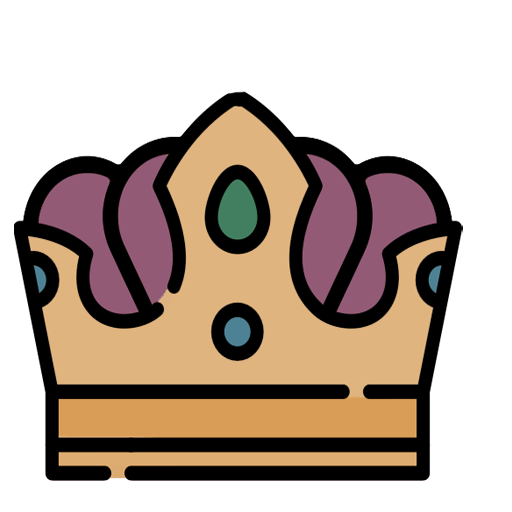

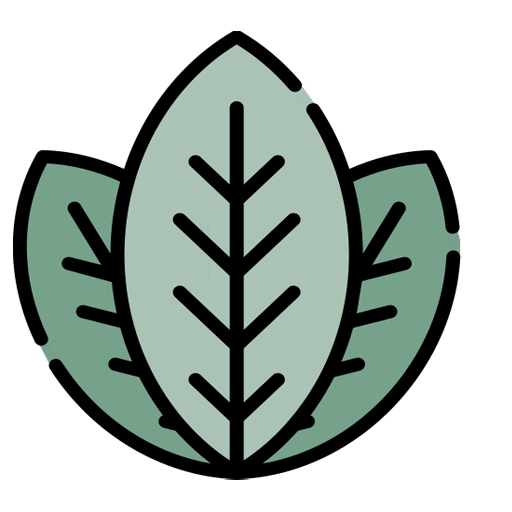
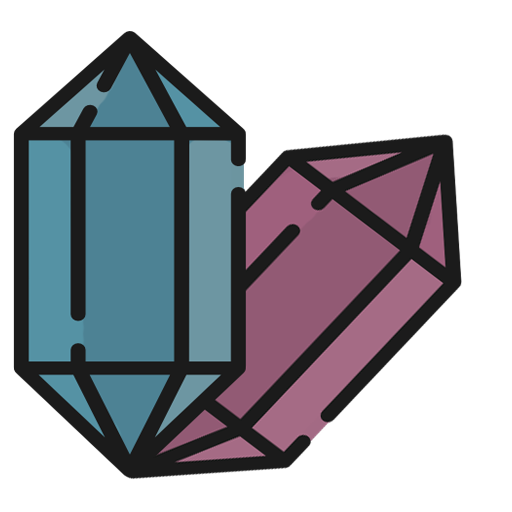
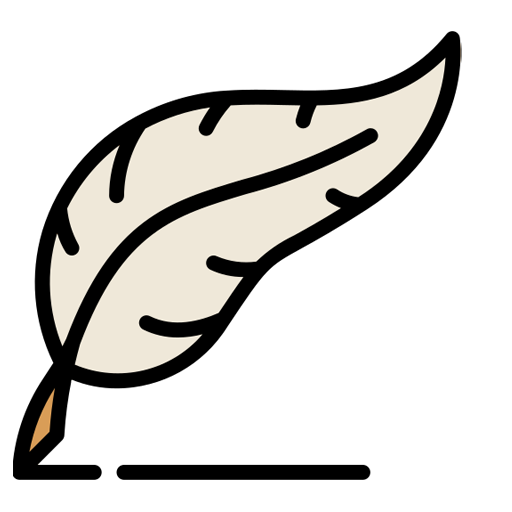
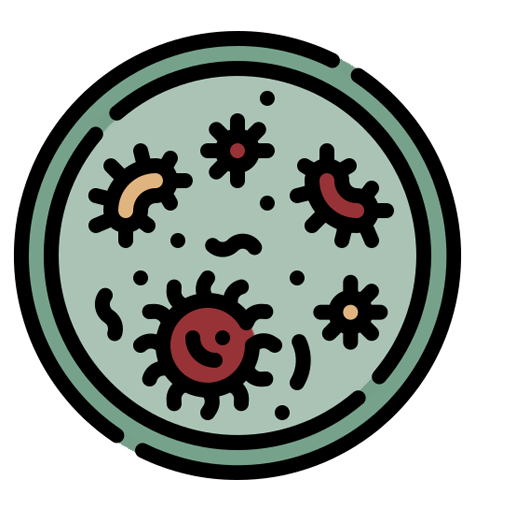

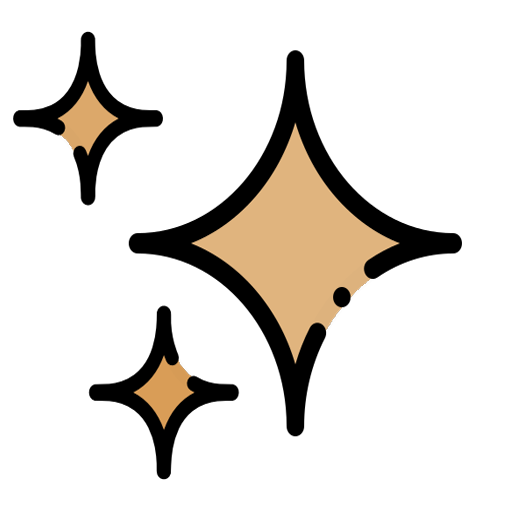




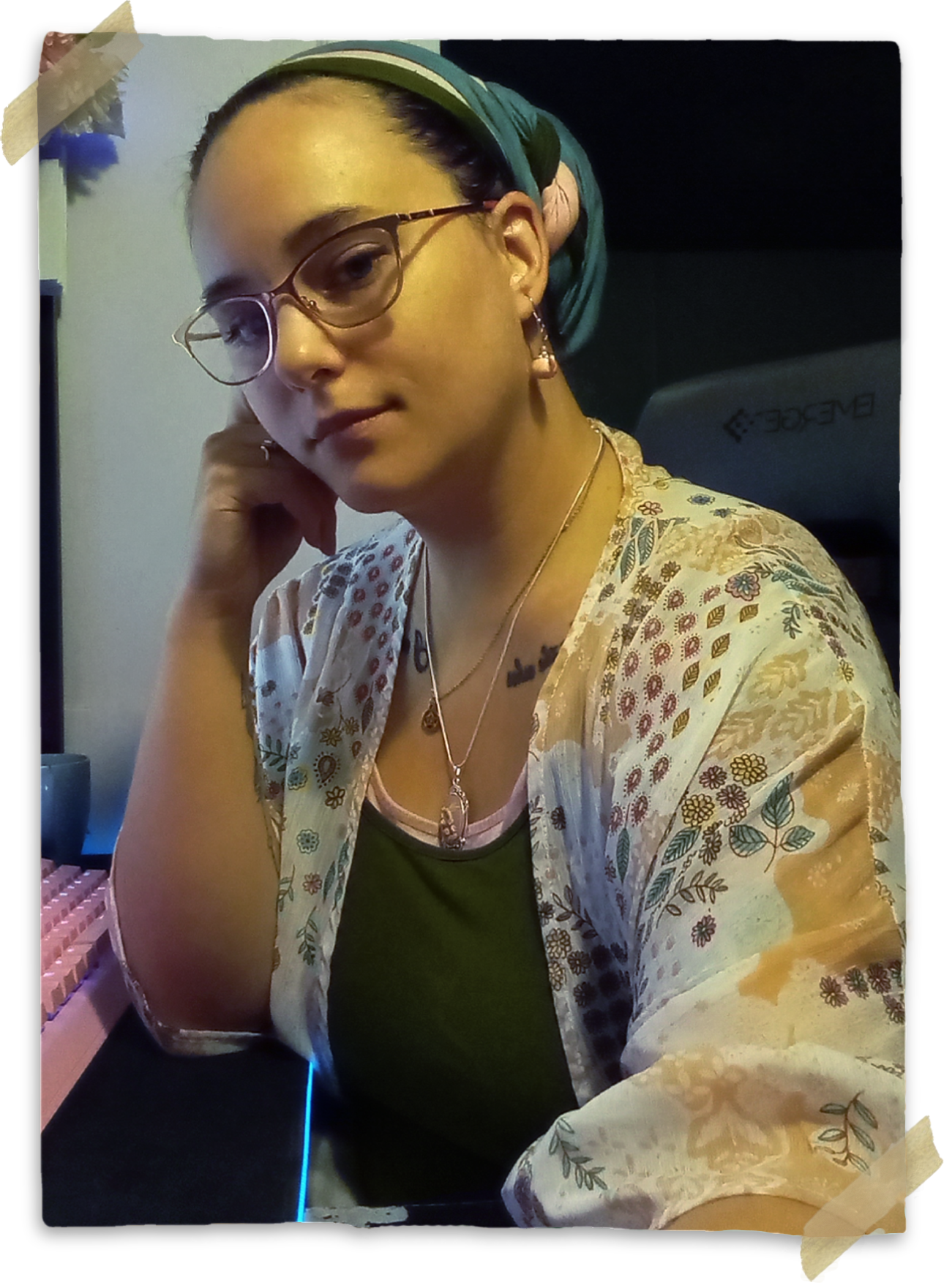
Comments
Author's Notes